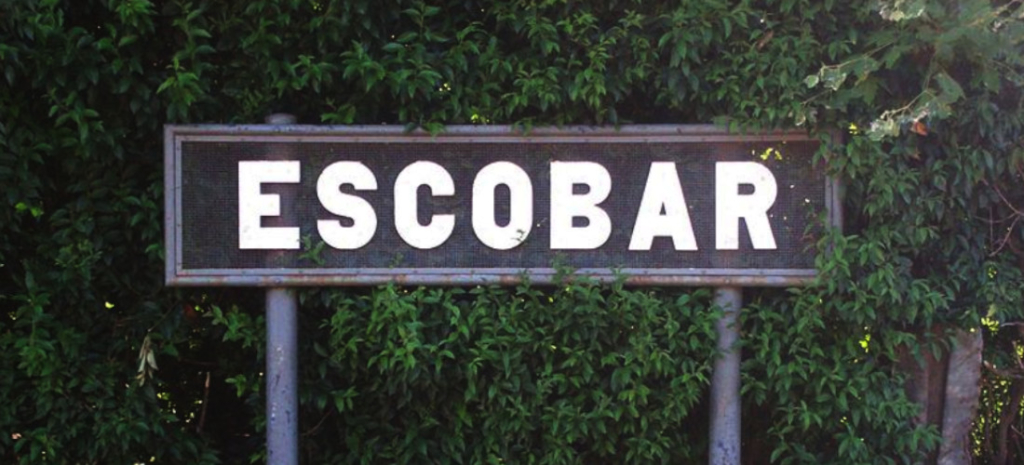For all the talk about Escobar, we sometimes forget that the Supreme Court declined to answer the biggest question presented in that case: “whether all claims for payment implicitly represent that the billing party is legally entitled to payment.” Univ. Health Servs. v. U.S. ex rel. Escobar, 136 S. Ct. 1989, 2000 (2016) (emphasis added). The Court did not have to address such “pure” implied false-certification scenarios because the claims in Escobar did “more than merely demand payment.” Id. Thus, Escobar’s holding was limited: the Court found only that implied certification can be a basis for liability “at least” where two conditions are satisfied: (a) the defendant makes specific representations about the goods or services provided, and (b) its failure to disclose noncompliance with material statutory, regulatory or contractual requirements makes those representations “misleading half-truths.” Id. at 2001. The Court described this half-truth theory of liability as a defendant making “representations that state the truth only as far as it goes, while omitting critical qualifying information.” Id. at 2000. Prior to Escobar, some circuits had gone further. In the Ninth Circuit, for example, the mere submission of claims for payment would expose a defendant to liability if it violated “a law, rule or regulation that is implicated in submitting [that] claim for payment.” Ebeid ex rel. United States v. Lungwitz, 615 F.3d 993, 998 (9th Cir. 2010). After Escobar, it was unclear whether that broader theory of liability had survived.
